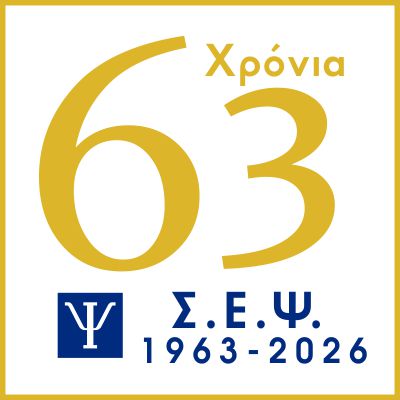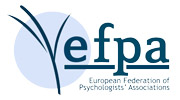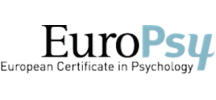EFPA Press release on Universal Children’s Day the 20th of November
I do not know what is a legal guardian. Do I have one?Girl, 17, seeking refuge in Austria
On this day, November 20, the Universal Children´s Day, the EFPA urges member associations to pay due attention to the psychological and human rights issues that arise from the situation of unaccompanied refugee and asylum-seeking children.
During 2015, thousands of children separated from their parents or primary caregivers, have arrived in different European countries. Some of them have started their journey alone, while others have become separated from their family during the journey. These children have left their country of origin displaced by war, armed conflicts, for fear of persecution or to escape from abusive environments or extreme poverty. They may also have been trafficked for sexual or labour exploitation. The precarious situation of unaccompanied minors makes them vulnerable to human rights abuses and psychological trauma rendering their protection critical.
In the Convention of the Rights of the Child (CRC) article 20, it states: “A child temporarily or permanently deprived of his or her family environment, or in whose best interest cannot be allowed to remain in that environment, shall be entitled to special protection and assistance provided by the State”.
Protection and assistance are enhanced by:
-
Appointing a representative for the child upon arrival or identification.
-
Separate minors from adults to prevent (re)victimisation.
-
Provide minors with appropriate accommodation.
-
Thorough health assessment as soon as possible upon arrival, with specific attention to the emotional problems and the mental health situation of the child.
-
As soon as possible ensure access to peers, school, sports and other activities.
The non-discrimination principle of the CRC expects the host state to provide comparable care to separated, asylum-seeking children to that provided to children of the host state. For younger children it is advisable to live with relatives or foster families from their own culture and -after assessment of suitability-, for youth, semi- autonomous small group accommodation, with due regard for their autonomy, under adequately trained social workers.
Article 24 recognizes the right of all children to the enjoyment of the highest attainable standards of health, and to facilities for the treatment of illness and rehabilitation. Access to health care must be guaranteed to all children without discrimination and irrespective of their legal or other status. An investigation conducted in 2009 by the Fundamental Rights Agency (FRA) identified a need for better interpretation in health consultations, in particular concerning psychological support. Children rarely asked for psychological support. Many children claimed that they were not aware of its availability and adults noted the need for better psychological support.
As part of the State´s responsibilities from ratifying the CRC, as well as psychologists’ responsibility to use our knowledge and skills in the best interest of the child and to society, the EFPA encourages member associations and individual psychologists to do what is within their scope to assist, to prevent harm, to treat and alleviate suffering, and in general assist immigration and health authorities to fulfil the goals of the CRC.
Links and References:
For further questions, please contact the Board Human Rights:
Kerstin Söderström, kerstin.soderstrom@hil.no
Polli Hagenaars, Polli.hagenaars@HumanRightsEFPA.eu





